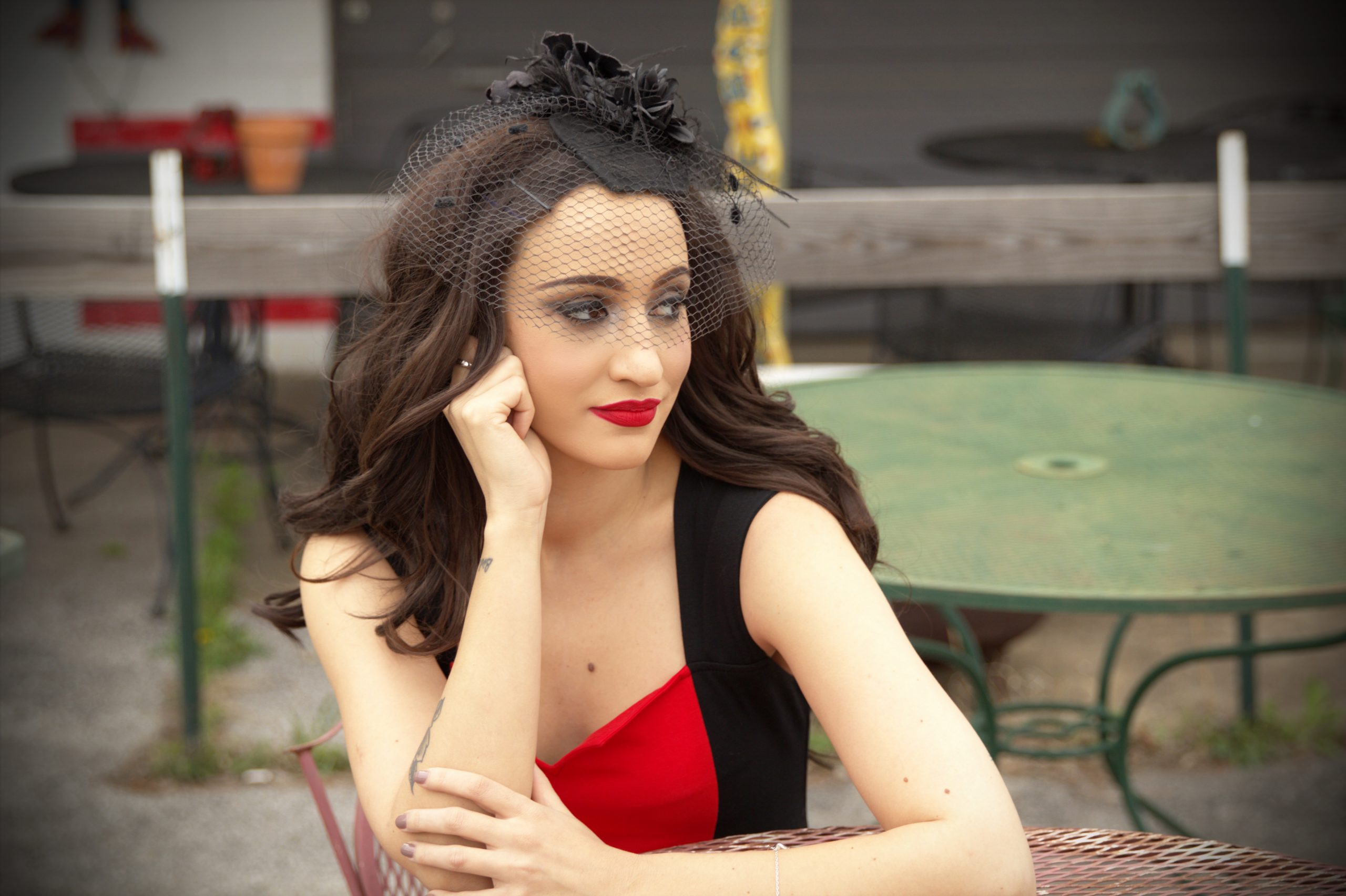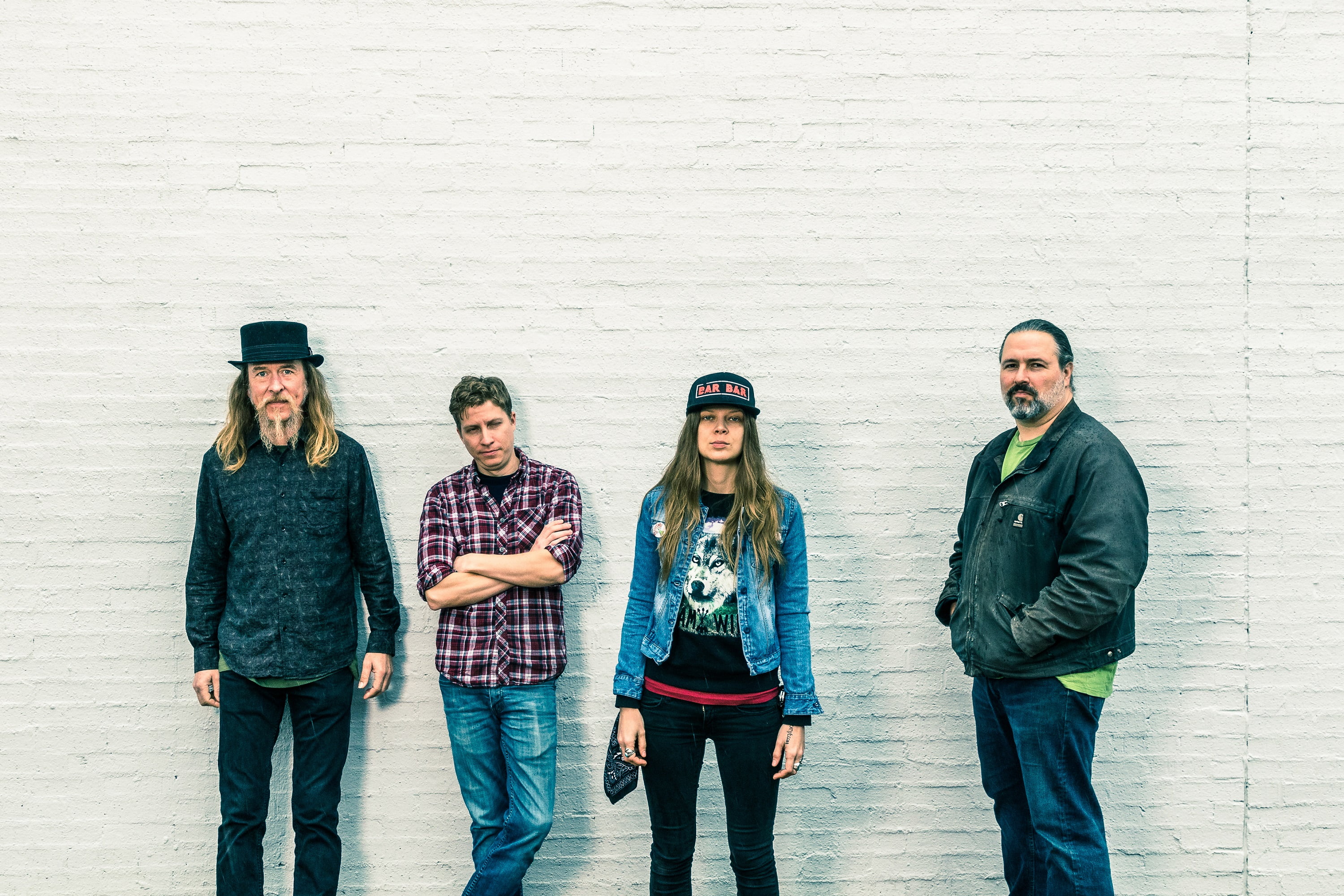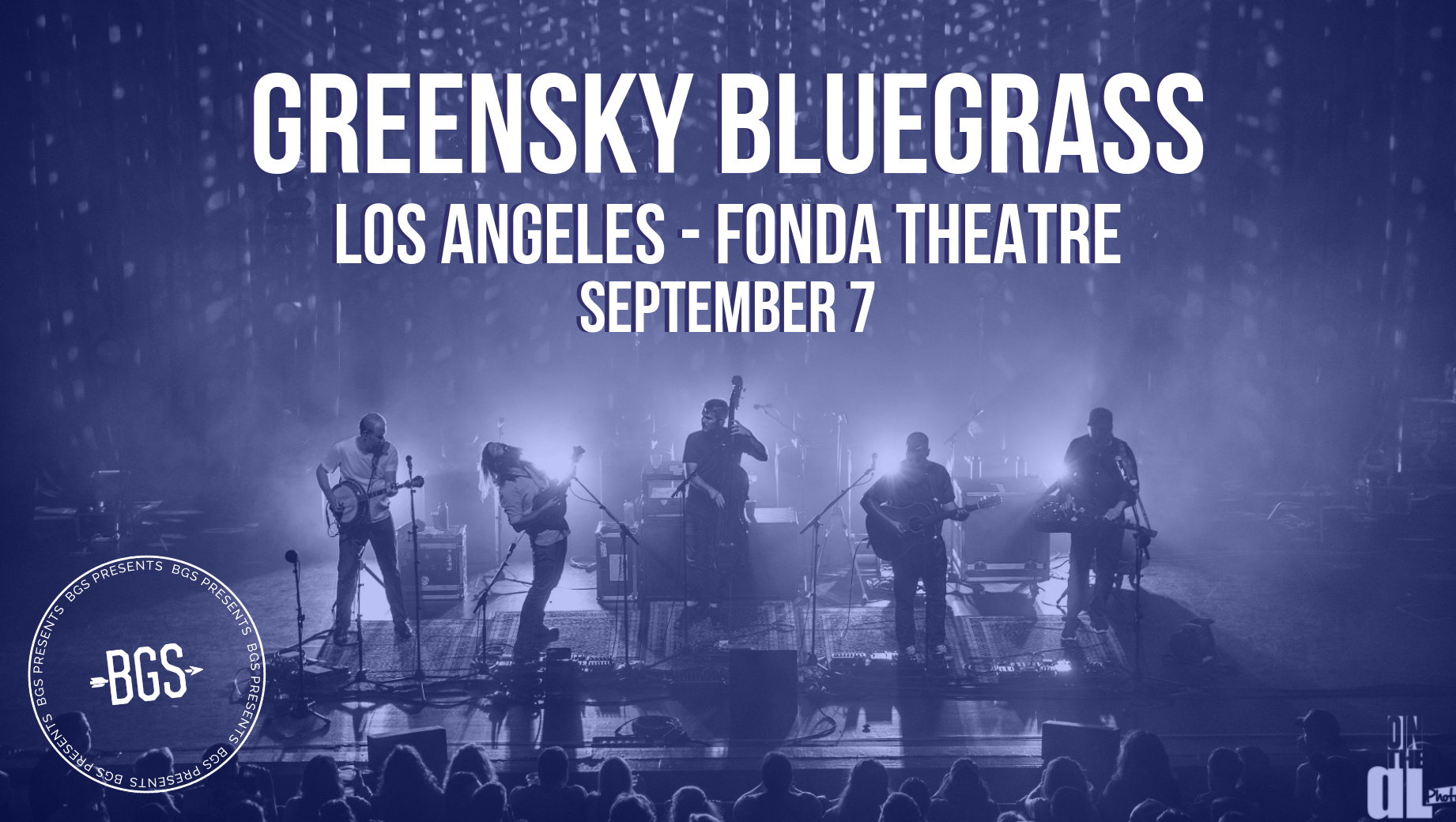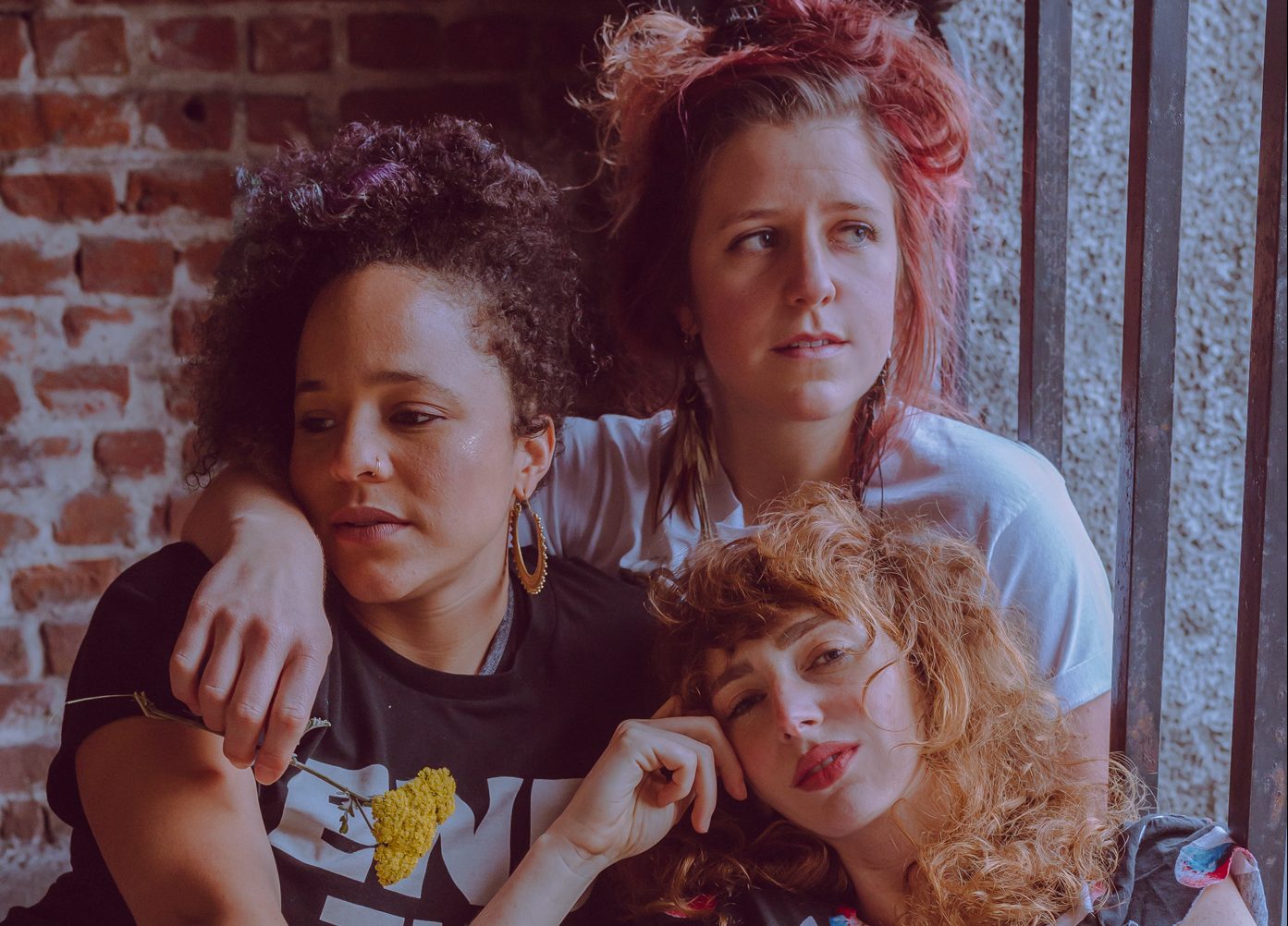Born in Toronto to parents of Irish and Mexican decent, singer/songwriter Lindi Ortega picked up a guitar and wrote her first song at age 17. For the next 15 years or so, she bounced from record label to record label — including a brief stint with Interscope — before making her home with Last Gang Records in 2011. Since then, she's made some great albums that highlight her fiery voice and passionate lyricism. Her newest set, Faded Gloryville, showcases her striking talent over the course of a dozen tunes produced by a trio of name brand producers. She took time out from her fall tour to chat about her approach to making her new album, why she chose three different producers, and whether or not drinking the water in Muscle Shoals will make you sing like Aretha Franklin..
How are things in the 615 today?
They’re good. It’s not really a sunny day, though. It’s a bit rainy and overcast in the 615.
The report from the 360 is that the sun is trying to kick through. Let’s start our little conversation with a chat about the cover of your new album. I love the dress. I love the picture. I love the Wild West graphics. Was that all your idea?
Yeah, it was my idea to hire the guy who did the artwork. He goes by the name Straw Castle Designs. His name is Derrick Castle. I’ve been following him on Instagram for a really long time; he does a lot of wood block printing and old school, vintage designs. I always said to myself, when it came time to do my next record, I really wanted him to be involved somehow. So I contacted him when we started working on the album. He came up with some really great stuff.
Was it Julie Moe who took the picture?
Yeah, it was. She’s a dear friend of mine.
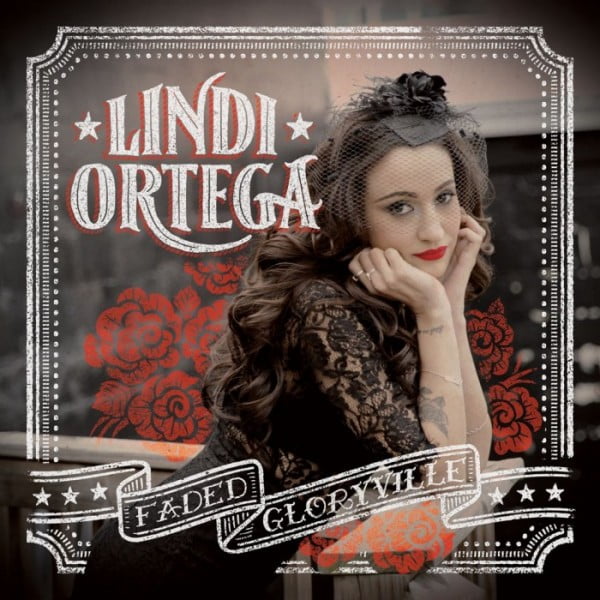
It’s a great picture. I love the whole vibe. Then we get inside and find songs recorded in Muscle Shoals, songs produced by Dave Cobb — who can do no wrong right now — and songs recorded by one of the nicest, most talented dudes out there — Colin Linden. Most people would kill for one of those opportunities, much less all three. How did you manage that?
I just consider myself very fortunate and very lucky to be able to work with these people. I’ve developed a nice relationship with them and they happened to be available at the time. It was really incredible. They’re all very different producers with different approaches to things, but they all seem to have, in common, a real appreciation for the way things were recorded "back in the day." They enjoy using vintage tube amps and old microphones and the whole idea of recording the bed tracks live off the floor. The bass and guitar and drums and I are all recorded at the same time. I’m a huge fan of that. I feel like it really captures the essence of the song, and that we all feed off each other in that setting.
The first two cuts, “Ashes” and “Faded Gloryville,” are Colin productions. Will you be flattered if I tell you they remind me a little of Emmylou Harris?
Absolutely. I’m a huge fan. I’m not sure but maybe you’re referring to the Wrecking Ball record?
Your voice on those tunes reminds me of her earlier stuff — the production, maybe, of things that came later with Daniel Lanois.
That’s what I love about Colin: He’s sort of "of that world." He’s worked with T Bone Burnett a lot. He really loves capturing the ambiance, doing these beautiful, lush soundscapes with guitars and production. I was the one who allotted the songs to each producer and he was definitely the one I felt would really capture the essence of those two songs.
I’m not much for slow songs but “Faded Gloryville” raised some goose bumps. “Here nobody wears a crown …”.
Yeah. [Laughs] When I wrote that song, it was inspired by the movie Crazy Heart with Jeff Bridges — sort of me asking myself if I was going to end up like that. Then going back and remembering my romantic ideal of what I thought the music industry was, dreams that I had … the journeys, the ups and downs, the moments when you doubt yourself. And I wrote it without realizing I truly am, sort of, living these things right now. When I go to sing these songs live, I’m very affected by them. So, that song, I feel very very close to; it makes me very emotional when I’m singing it.
Then you track three in a row in Muscle Shoals. When you drink the tap water in Muscle Shoals, do you immediately start feeling a little like Aretha Franklin?
[Laughs] I wish I could sing like that!
Me, too. They’re very groovy, soulful songs.
It’s sort of embedded in the musicians down there. There was definitely a unique vibe and sound that grew from Muscle Shoals. When I decided I wanted John Paul White and Ben Tanner to do the Bee Gees song (“To Love Somebody”), I had the other songs in mind to fit with that vibe. I happened to be watching the Muscle Shoals documentary when I was down there recording with them, so it was a pretty amazing thing. David Hood, who is in that movie, actually played on those three sessions so it was another incredible experience.
“To Love Somebody” really endures and you definitely read it as a torch song.
[Laughs] I have to thank Nina Simone for that because it was her live version that really blew me away. I really felt the unrequited yearning through her interpretation of the lyrics, from a woman’s perspective. Then I heard the Bee Gees’ version which has a groovier, '60s feel. I think our version falls somewhere in between the inspiration from the Bee Gees and Nina Simone.
I’m impressed you referenced the Nina version because that’s the first thing I thought of when I heard your take. It’s cool the inspiration didn’t come just from the Nina catalog. Then you pretty much close out the set with the songs Dave produced, which sound a little like Wanda Jackson — just fun, dance party rock 'n' roll. Did you have this sequence mapped out in your mind as you approached production?
When I allotted the songs to the producers, I kept the styles they're really good at in mind. I felt like those songs, in particular, Dave Cobb would be especially suited for. I think he’s really good at making what I call a "barn burner."
It’s kind of like three little EPs in one full album, tied together with your voice and a classic country rock vibe.
It makes perfect sense. I’m a fan of records that have variation and diversity; I’ve never been into records that sound like one big long song. I was a bit worried people wouldn’t get it, that it wouldn’t flow properly. But when all was said and done, I was happy with it. It’s been nice to hear the positive response from people.
Photo credit: Julie Moe
